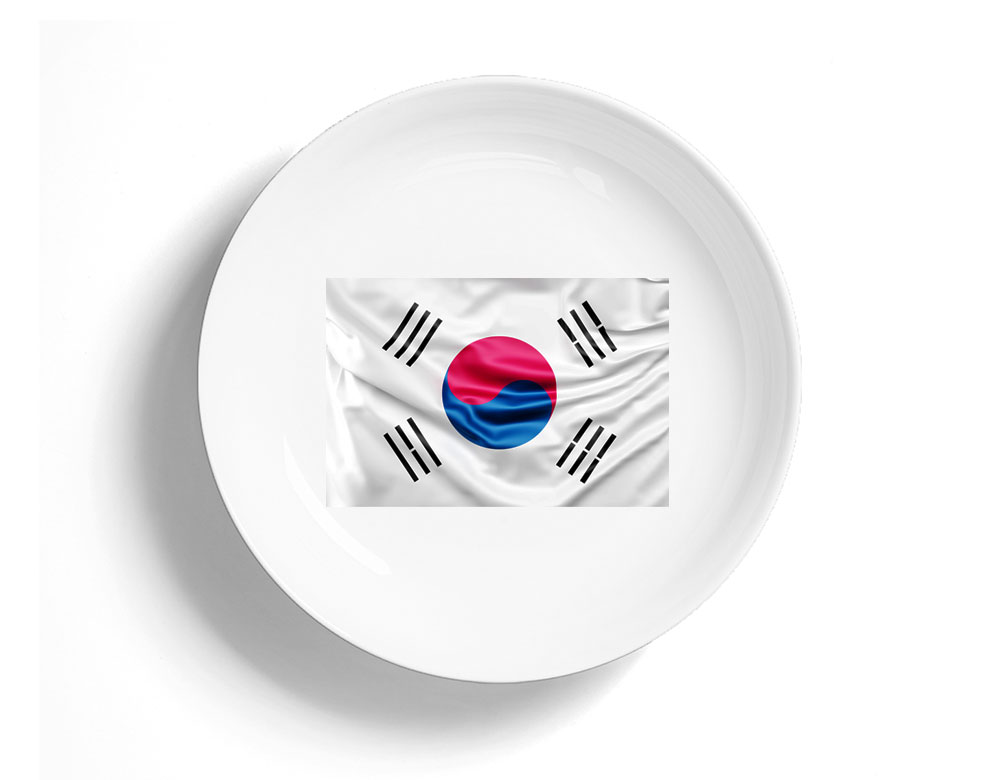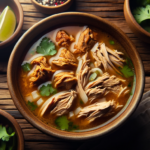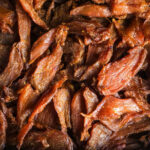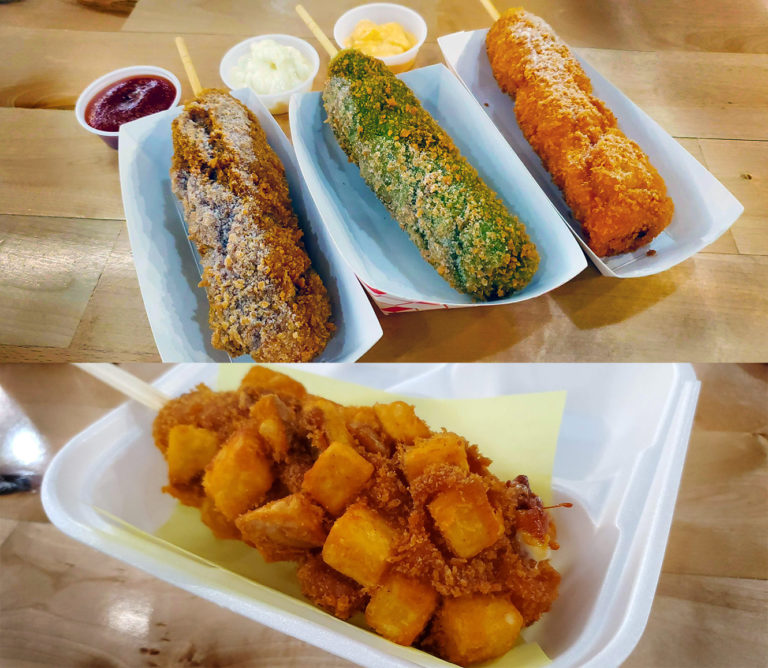
Interesting in Korean food? Then learning basic Korean food terms will come in handy. Additionally, you should have a little background on Korea itself.
Korea is an East Asian region divided into two parts, North Korea and South Korea. North Korea is bordered by China and Russia to the north and South Korea to its south. South Korea is a peninsula with the East Sea to its east, the Yellow Sea to its west and the East China Sea to its south.
Without diving too deep into politics, North Korea has been under a totalitarian dictatorship for decades and remains secluded from the rest of the world. Due to the reclusiveness of North Korea, it is difficult to know what is real and what is political propaganda. So, any non-specific mention of Korea will refer to South Korea.
Korean cuisine
Over the centuries, Korean cuisine has been impacted by its country’s neighbors, Japan and China. Rice, which was first domesticated in China, became a staple in Korean cuisine. Japan introduced tonkatsu (breaded pork) in the late 1800s and became very popular in Korea.
The geography of Korea allowed for the rise of Korea’s agriculture. When Korea faced economic hardships, many Koreans were forced to farm to feed themselves. This gave rise to dishes that would last like deonjang (fermented soybean paste) and kimchi (spicy fermented cabbage).
A traditional Korean meal includes kuk (broth-based dish), bab (cooked rice) and banchan (small side dishes). Kimchi is served at every meal. Meals are typically served family-style.
Korean food terms
Expand your international dining vocabulary with these basic food-related words translated from English to Korean.
meat – 고기 (gogi)
- pork – 돼지 고기 (dwaeji gogi)
- beef – 소고기 (sogogi)
poultry – 가금류 (gageumlyu)
- turkey – 터키 (teoki)
- duck – 오리 (oli)
- chicken – 치킨 (chikin)
seafood – 해물 (haemul)
- fish – 물고기 (mulgogi)
- shrimp – 새우 (saeu)
- oyster – 굴 (gul)
- shellfish – 조개 (jogae)
meatless/no meat – 고기없는 (gogieobsneun)
- vegetables – 야채 (yachae)
- fruits – 과일 (gwail)
- eggs – 달걀 (dalgyal)
- tofu – 두부 (dubu)
- nuts – 너트 (neoteu)
- vegetarian – 채식주의 자 (chaesigjuui ja)
- vegan – 비건 (bigeon)
drinks – 음료수 (eumlyosu)
- water – 물 (mul)
- alcohol – 알코올 (alkool)
- beer – 맥주 (maegju)
- wine – 포도주 (podoju)
other eating/dining-related terms
- yes – 예 (ye)
- no – 아니 (ani)
- good – 좋은 (joh-eun)
- yummy – 맛있는 (mas-issneun)
- eat – 먹다 (meogda)
- cook – 쿡 (kug)
- I’m hungry – 배고파 (baegopa)
- I’m full – 나는 전체 해요 (naneun jeonche haeyo)
- more – 더 (deo)
- less – 적게 (jeogge)
- only – 뿐 (poon)
- please – 부디 (budi)
- thank you – thank you (gamsahabnida)
- baked – 구운 것 (guun geos)
- fried – 볶은 것 (bokk-eun geos)
- grilled – 구운 것 (guun geos)
- roasted – 구운 것 (guun geos)
- steamed – 찐 (jjin)
- hot – 뜨거운 (tteugeoun)
- warm – 따뜻한 (ttatteushan)
- cold – 춥다 (chubda)
- bitter – 쓴 (sseun)
- salty – 짜다 (jjada)
- spicy – 짜릿한 (jjalishan)
- sweet – 단 (dan)
- allergic – 알레르기 (alleleugi)
- bathroom – 화장실 (hwajangsil)
Watch this video to hear how letters and words sound in Korean.
Korean food to try
- bibimbap – bowl of rice vegetables, meat and chili paste
- haemul Pajeon – seafood scallion pancake
- jjajangmyeon – noodles in black bean sauce
- kimchi – spicy fermented cabbage (a Korean staple)
- Korean BBQ – marinated meats (bulgogi, samyeopsal, kalbi/galbi and more)
- Korean fried chicken
- Korean hot dogs
- mandu – Korean dumplings (like potstickers with a thinner wrapper)
- patbingsu – Korean shaved ice with condensed milk, sweet red beans and other toppings
Interested in learning about other cuisines around the world? Discover food terms from other countries here.











